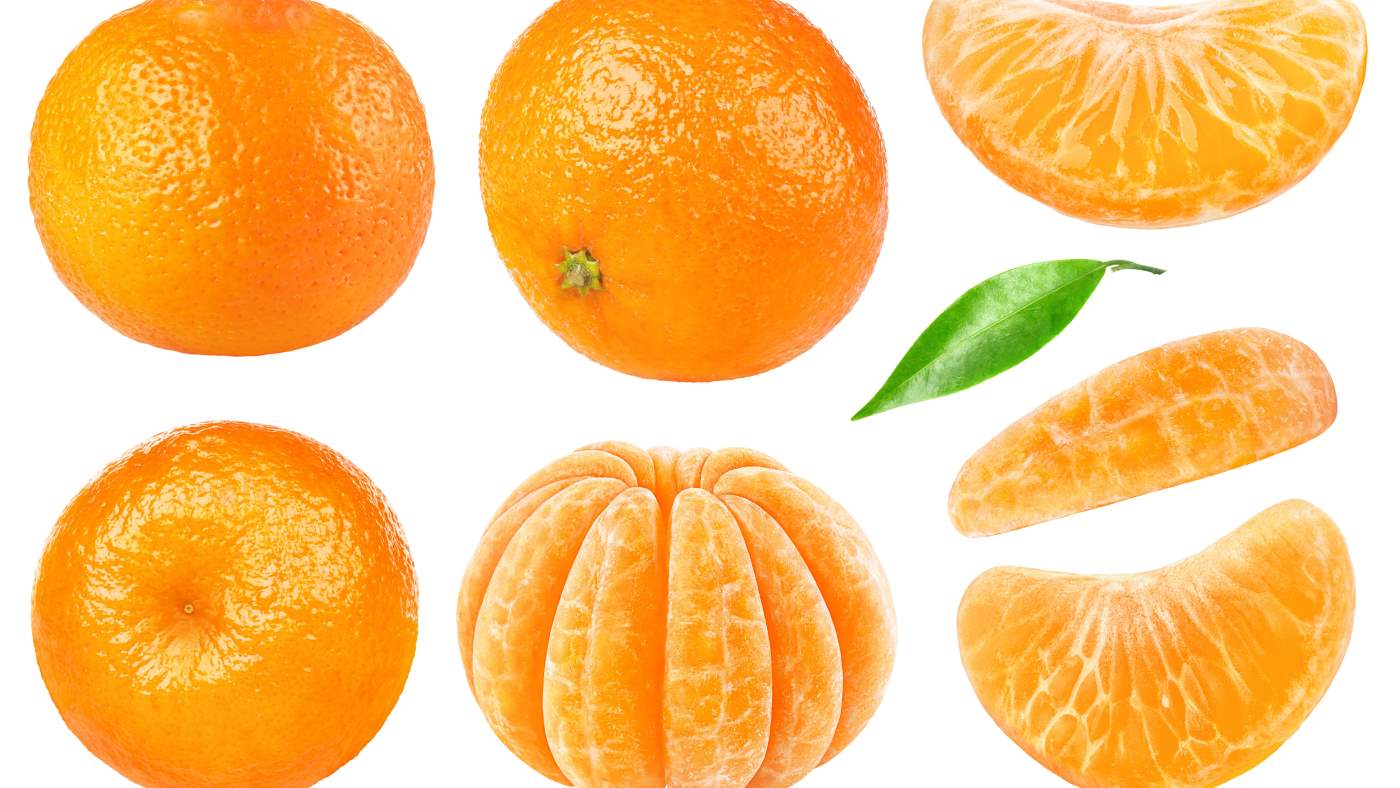I want the big bowl – there’s more in it. Or is there? Your toddler and 'centration'

Your toddler has been learning about all sorts of things while playing and forming many beliefs about the world, attempting to make sense of as much as they can. Now they are starting to use their knowledge to make decisions and assumptions based on what they believe to be true – but really, they will find out that not everything is as they first thought.
Here we look at the idea of centration, a theory devised by psychologist, Jean Piaget, who studied the development of children in the 1900s. Much of his research informs our understanding now.
According to Piaget's theory, learning takes diverse forms through four stages of development and these stages influence how children perceive the world and how they think and judge it.[1]
Within each stage, several types of cognitive learning develop. Piaget called one type of learning, ‘centration.’ This means that a toddler might solve a problem by concentrating on one part of it, and not taking all the information into account.
Children focus on the most important part of the situation to them.
An example of this would be that if they were hungry and were offered two oranges, one of which was whole and the other split into segments, they would choose the segments as they would think they were having more food.
Another example is that they may have associated something big with being heavy, so they would choose to carry a small box of blocks over a large empty box because they think it is lighter.
Piaget’s own test was to have two short, stubby vessels the same size with the same amount of water in each. One of the vessels was then emptied into a tall thin vessel and children were asked which one had more. Consistently, children chose the tall vessel, based on size and that the taller one looked bigger so must have more water in.
So, centration is the process of concentrating full attention on one particular detail of a situation or decision, while dismissing all others.[2]
Why is this important for my toddler?
During this stage of development, Piagetian theory would say that toddlers only perceive the world from their point of view. They are not capable of seeing the world any differently and cannot yet take in the thoughts and opinions of others.
How can I support my toddler through this stage?
Play is absolutely the best way! Your toddler will need a lot of playful experiences and support from those around them to help them look at problem solving through a wider lens.
You could try:
- Playing games in the bath, measuring water between containers.
- Chopping fruit and other foods in front of them so they see one piece of food become many.
- Splitting blocks into two piles with the same number of blocks each, then offering them one pile in a small container and the other in a large container. They will probably choose the large container because it is bigger.
- Rolling a big heavy car and a small light car. Ask which they think will be faster; it’s likely they will think the big car because it is bigger and faster.
It's going to take a long time before your toddler has the experience, knowledge and understanding to think about looking at more than one part of a situation or problem, but it will be an interesting journey getting there.
References:
[1] Scott, H.K., Cogburn, M. [2022]. Piaget. Treasure Island. StatPearls Publishing.
[2] McLeod, S. (2018) Jean Piaget. The Preoperational Stage of Cognitive Development. Simply Psychology.